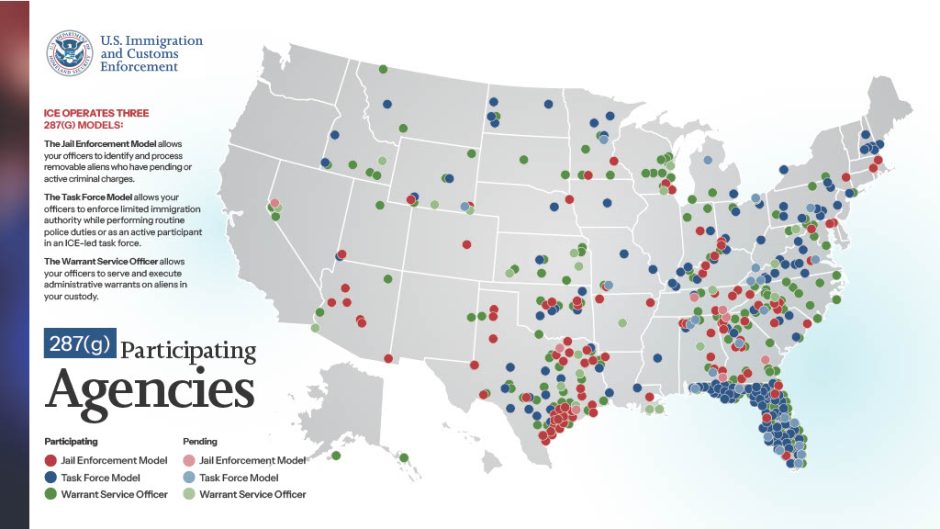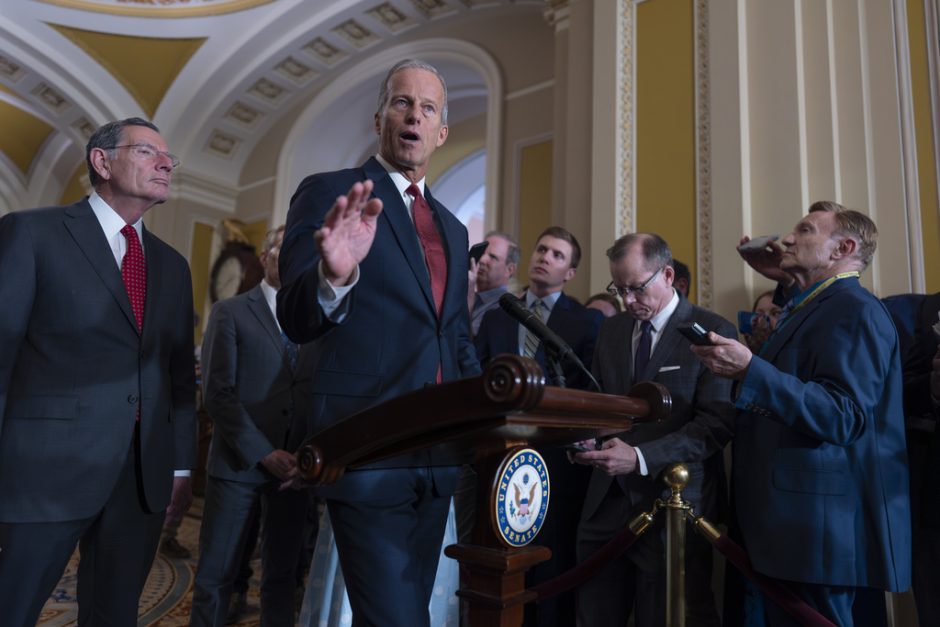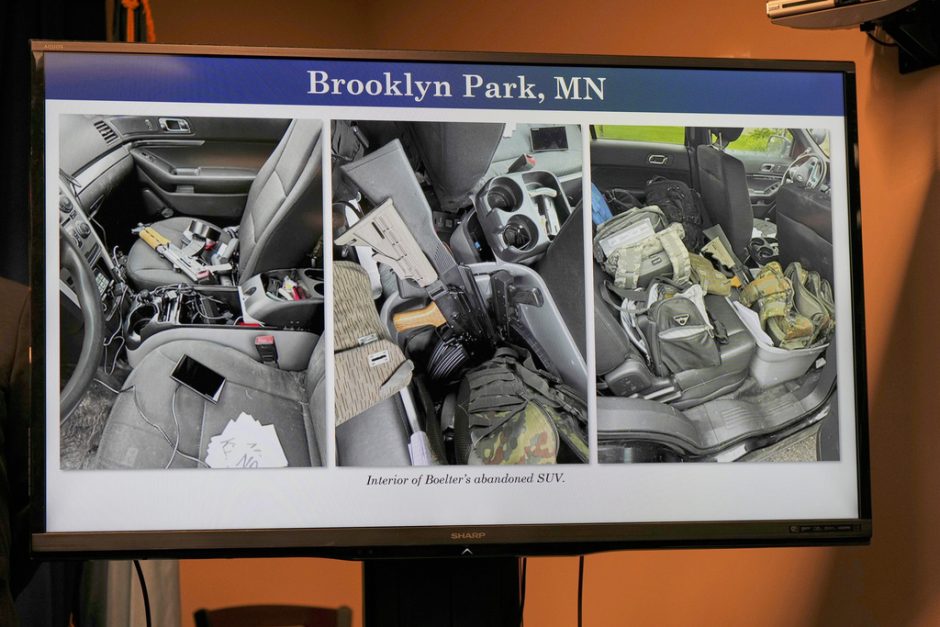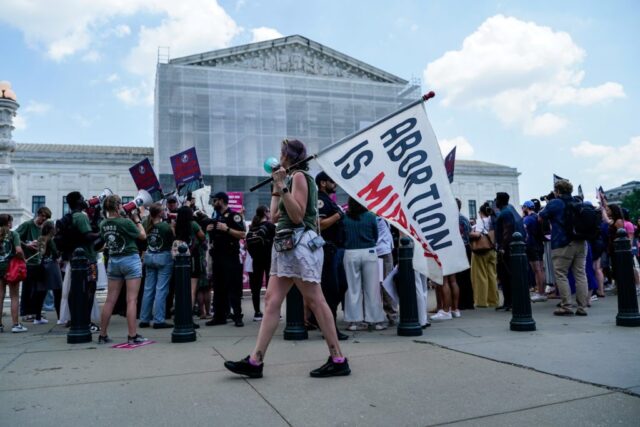Amy Howe:
Yes, so it is a very technical case. So Medicaid contains what’s known as the any qualified provider provision, which allows Medicaid patients to seek care from any qualified provider.
But it’s not enough to just point to a violation of a law. And we’re talking sort of generally. When you want to go to court, you have to also point to something that gives you a right to sue. And so the plaintiffs in this case, a private patient and then Planned Parenthood of South Carolina, were relying on a federal civil rights law known as Section 1983 that allows private lawsuits against state and local officials for the violation of rights under the Constitution or U.S. laws.
And the Supreme Court today by a vote of 6-3 said that the plaintiffs can’t rely on this federal civil rights law Section 1983, and, therefore, their case can’t go forward. This was an opinion by Justice Neil Gorsuch, joined by the court’s other conservative justices.
And he said, particularly when you’re talking about a case like the Medicaid Act, in which Congress gives the state’s money and, in return for getting the money, the states agree to comply with particular conditions that are outlined in the law, you need to be crystal clear about what the conditions are and the possibility that states could be sued by private individuals.
And, in this case, he said Congress was not clear. There’s no clear and unambiguous right to sue for private plaintiffs.

















































